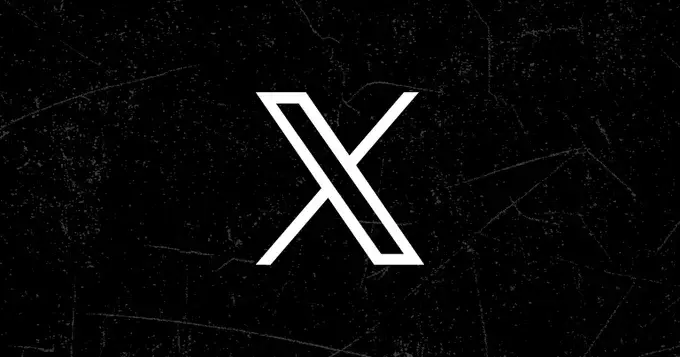In recent months, the social media platform X, formerly Twitter, has found itself embroiled in a contentious debate surrounding government censorship and free speech. Its inconsistent response to government requests, particularly in countries like Turkey, highlights a troubling contradiction between Elon Musk’s proclaimed commitment to unfettered expression and the pragmatic decisions often driven by business interests. The recent suppression of Turkish opposition accounts in response to government pressure not only raises ethical concerns but also questions regarding X’s role in fostering or stifling democratic discourse.
The Turkish Opposition and Government Action
The escalating political tensions in Turkey, particularly following the arrest of Ekrem İmamoğlu, the Istanbul Mayor and a key rival to President Tayyip Erdoğan, have ignited protests nationwide. The Turkish government’s immediate response—targeting accounts that contribute to the protests—illustrates the lengths to which the authorities will go to silence dissenting voices. Accounts associated with universities and activist groups, many with modest followings, have been suspended in an effort to curtail the flow of information and mobilization among protesters.
Yusuf Can, a coordinator at the Wilson Center’s Middle East Program, noted that these accounts primarily shared vital protest details, underscoring their role in facilitating grassroots activism. The clampdown on such voices is alarming; it utilizes digital mechanisms to control and minimize public dissent, undermining the core tenets of democracy where free expression serves as the foundation for political action.
X’s Compliance: A Business Decision?
Musk’s platform has a history of compliance with Turkish government demands, which raises eyebrows about the motivations behind such actions. While X prioritized maintaining its operational presence in Turkey—citing the risk of a ban—this stance starkly contrasts its aggressive posture in other countries like Brazil and India, where it has resisted local censorship demands. The rationale appears tangled in a mix of business pragmatism and strategic relationships that favor Musk’s broader corporate goals.
The connection between Musk and President Erdoğan, particularly regarding Tesla’s potential expansion into Turkey, cannot be ignored. With promises to build factories and establish local distribution channels for various projects, it seems that lucrative business prospects may influence X’s willingness to align with government demands that restrict free expression. This contradiction promotes a skewed hierarchy of free speech where commercial interests overshadow fundamental rights.
Contrasting Responses: Free Speech vs. Business Interests
Musk’s defense against censorship accusations has often been framed as protecting the platform from wider restrictions or bans. Yet, it invites serious critique regarding the nature of “free speech” that X purports to uphold. This discrepancy raises a poignant question: Is free speech genuinely championed when it serves economic interests but compromised when it threatens profitability?
The situation reveals a troubling pattern of selective compliance, where X takes a firmer stand in markets like Brazil, even risking a temporary ban, while adopting a compliant stance in Turkey, where alignment with Turkish authorities could secure business benefits. This variable approach undermines the integrity of both Musk’s stated values and the platform’s credibility as a bastion for free speech, showcasing a disheartening willingness to prioritize financial gain over democratic principles.
The Global Implications and Responsibilities of X
The ramifications of X’s uneven response to government censorship extend far beyond Turkey. When a platform as influential as X allows itself to be swayed by authoritarian regimes, the potential for long-term consequences in the global discourse on democracy and human rights becomes starkly apparent. Social media platforms possess unparalleled power to both amplify and suppress voices, and their operational decisions can resonate through the very fabric of societies struggling for democratic governance.
As governments across the globe tighten their grips on civil liberties, the responsibility lies increasingly on tech leaders like Musk to navigate these murky waters with integrity. The contrasting approaches taken by X may not only deepen political divisions but also encourage other authoritarian regimes to follow suit in curbing opposition voices, leading to a chilling effect on activism worldwide.
While Musk might have rationalized compliance on economic grounds, such actions reverberate through the core principles of democracy, revealing a disconcerting trend where profit supersedes the fight for freedom.


Leave a Reply